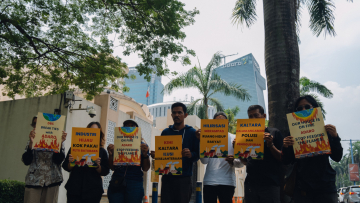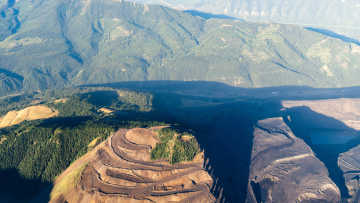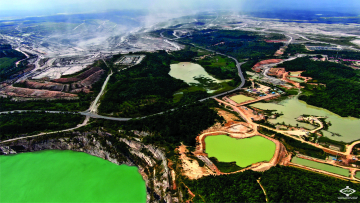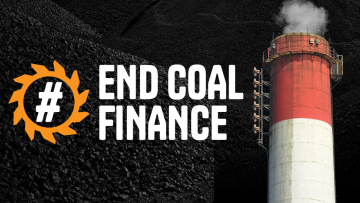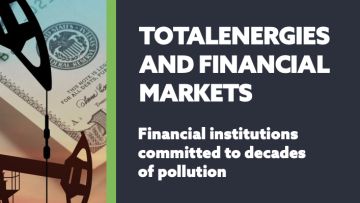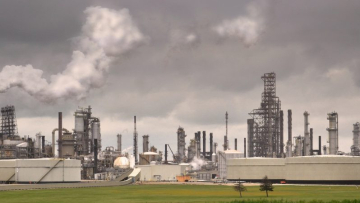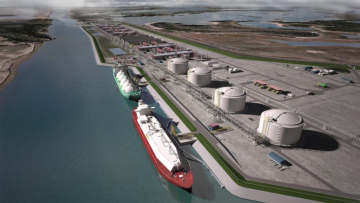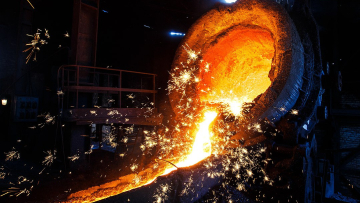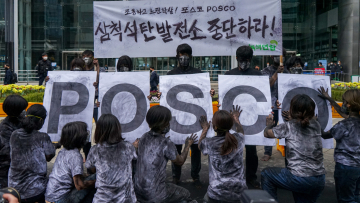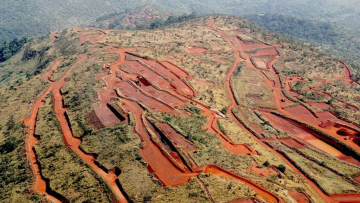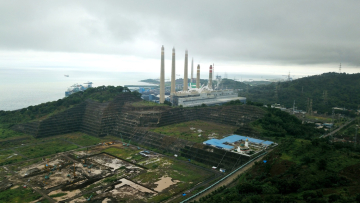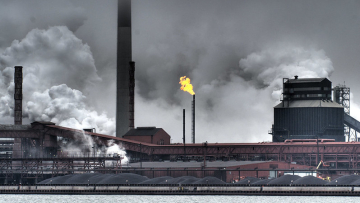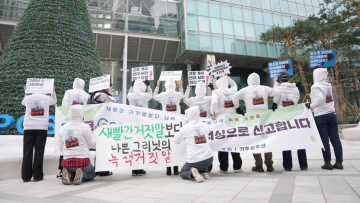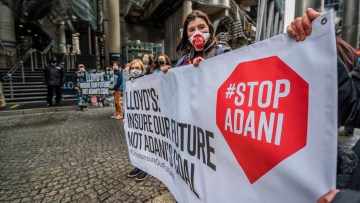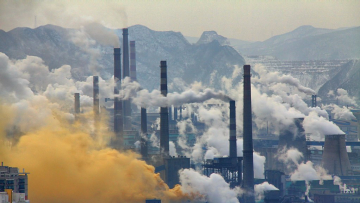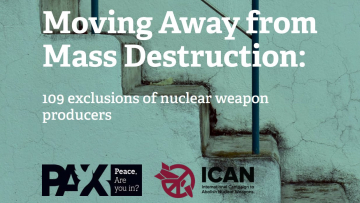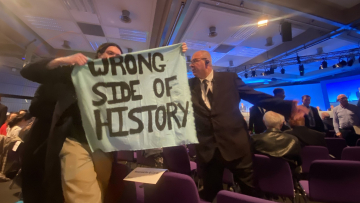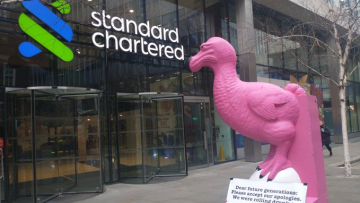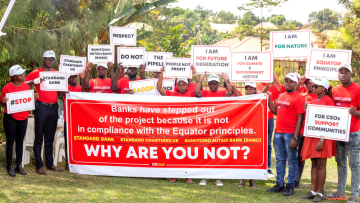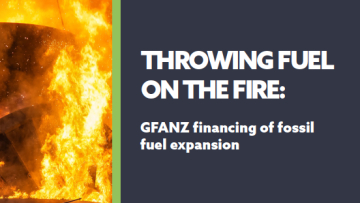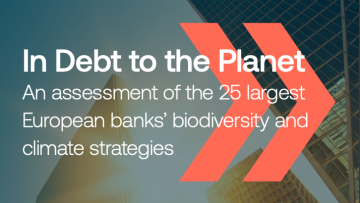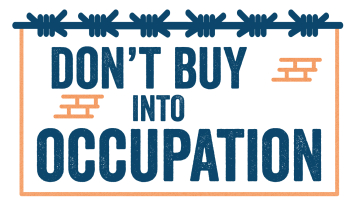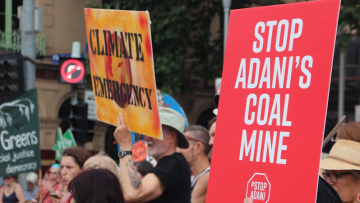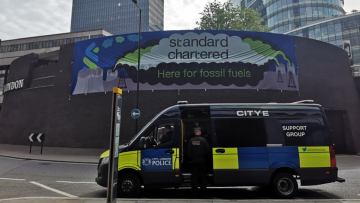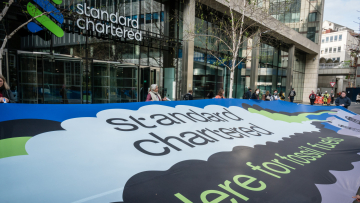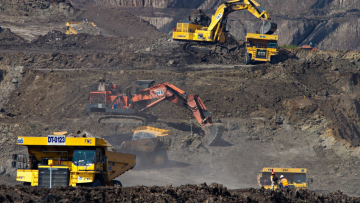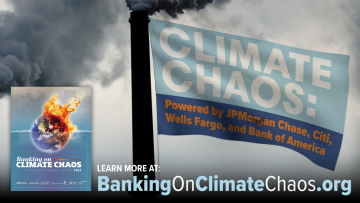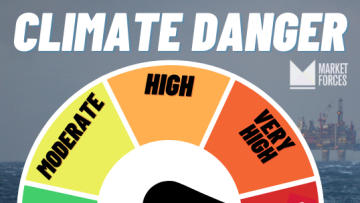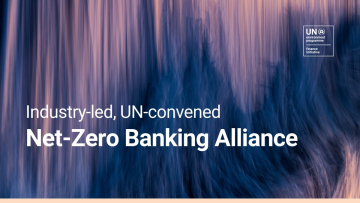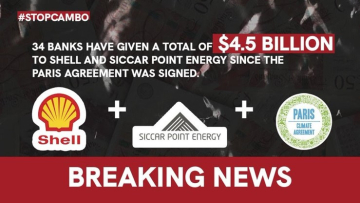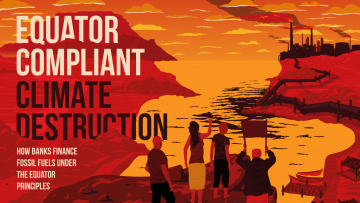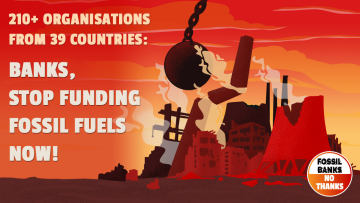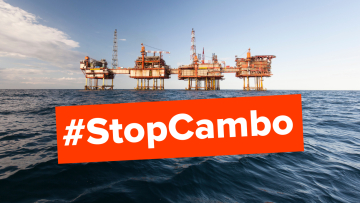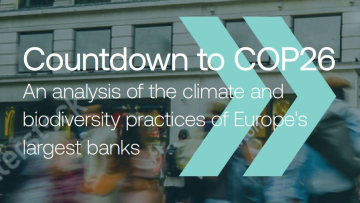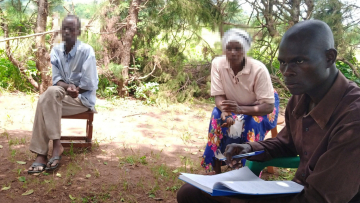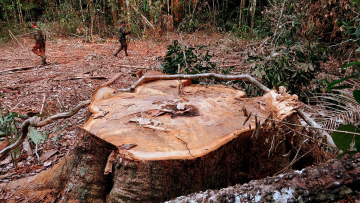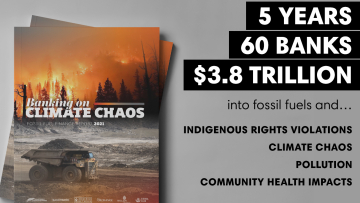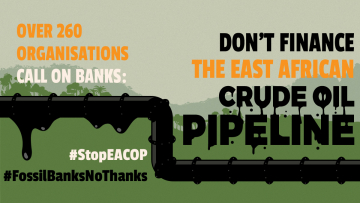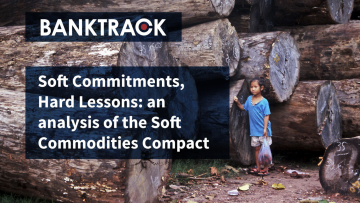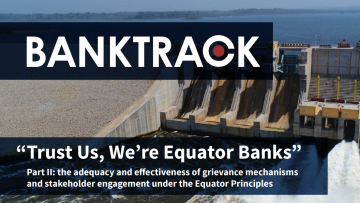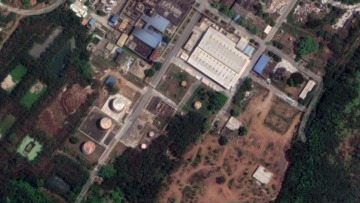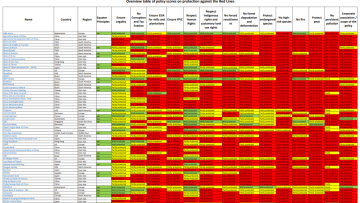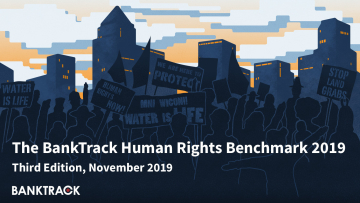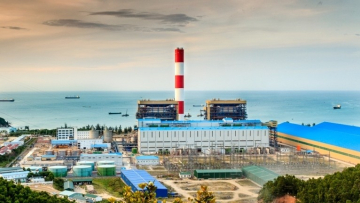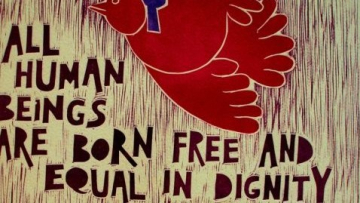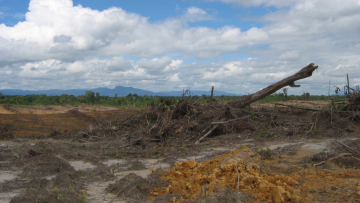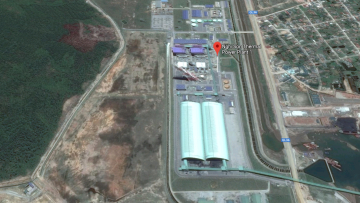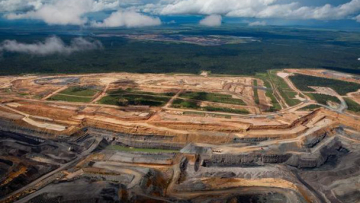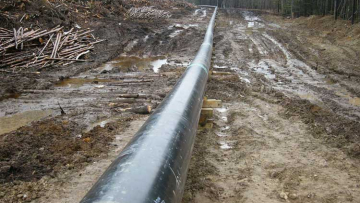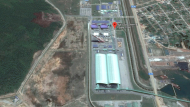
Active
This profile is actively maintained
Active
This profile is actively maintained| Website | http://www.standardchartered.com |
| Headquarters |
1 Basinghall Avenue
EC2V 5DD London
United Kingdom
|
| CEO/chair |
Bill Winters CEO |
| Supervisor | |
| Ownership |
listed on Bombay Stock Exchange, Hong Kong Stock Exchange, London Stock Exchange & National Stock Exchange of India
Standard Chartered's shareholder structure can be accessed here. |
Standard Chartered originates as a merger of two banks in 1969: The Chartered Bank of India, Australia and China, and Standard Bank of British South Africa. Despite its British base, Standard Chartered has few customers in the United Kingdom. Ninety percent of its profits come from Asia, Africa, and the Middle East. Its operations lie predominantly in former British colonies, though over the past two decades it has now expanded operations into 70 countries. Standard Chartered offers banking products to consumers, private clients and business, including an extensive Islamic banking operation.
Standard Chartered's most important sustainability commitments can be found at the website sections listed below.
Standard Chartered is linked to a number of companies and projects that BankTrack considers controversial (so called Dodgy Deals), e.g. as a current or past financier or through an expression of interest. The profiles below provide more details on the nature of Standard Chartered's link to these deals.
EACOP: a crude reality, documentary
Although Standard Chartered has established a whistleblowing channel open to both employees and other stakeholders, it is not clear whether this channel can be used to raise complaints related to human rights issues. In any case, stakeholders may lodge complaints with the OECD National Contact Points (see OECD Watch guidance).
In addition, Standard Chartered is a member of the Roundtable on Sustainable Palm Oil (RSPO), which operates a grievance mechanism to address violations of its standards, including concerns about human rights abuses in the palm oil industry. Affected individuals and communities can access this mechanism here.
Standard Chartered is an Equator Principles signatory. While the Equator Principles have no official grievance mechanism, complaints relating to this bank's financing of Equator Principles projects can be filed through our own website www.equator-complaints.org.
This page evaluates Standard Chartered's responses to instances of alleged human rights violations linked to its finance, raised by civil society organisations. It is not intended to be exhaustive, but covers selected impacts raised by BankTrack and other civil society partners since 2016. For the full scoring methodology, see here. For more information about BankTrack's evaluation of bank responses to human rights impacts, see the 2021 report "Actions speak louder: assessing bank responses to human rights violations".
Following the bank's response: The bank has not provided details on how it monitored the progress of specific companies or how the bank monitored the impact on rights-holders involved in raising the issue with the bank of its own action of updating the Agriculture sector policy. Therefore, the score remains unchanged.
Banks and Climate
The 2024 Banking on Climate Chaos report showed that Standard Chartered provided US$ 71.421 Billion in financing to the fossil fuel industry between 2016 and 2023. In 2023 only, Standard Chartered provided US$ 2.645 Billion for oil, gas and coal companies expanding fossil fuels. Find further details on Standard Chartered fossil fuel portfolio and how it compares to other large banks globally on Fossil Banks No Thanks and in the Banking on Climate Chaos report.
Partner organisation Reclaim Finance tracks the coal, oil and gas policies of financial institutions, including banks, in their Coal Policy Tool (CPT) and the Oil and Gas Policy Tracker (OGPT). BankTrack works closely with Reclaim Finance and endorses their policy assessments. Find further details on their assessment of Standard Chartered’s fossil fuel policy below.
Banks and Human Rights
BankTrack assessed Standard Chartered in its 2024 Global Human Rights Benchmark, where it achieved 7 points out of 15 and was ranked as a “follower”.
The bank scored 0 out of 3 points on the new “specific rights indicators”, which assess how banks address human rights defenders, Indigenous Peoples’ right to Free, Prior and Informed Consent and environmental rights in their policies and practices.
In addition, Standard Chartered scored 0.43 out of 3 on how it responds to alleged human rights violations linked to its finance, which were raised by civil society organisations. More information is detailed in the “Accountability” section of this profile.
The table below shows BankTrack's assessment of how Standard Chartered has implemented the UN Guiding Principles on Business and Human Rights. Please click on 'expand all details' and 'explanation' for further information on the methodology.
Our policy assessments are always a work in progress. We very much welcome any feedback, especially from banks included in the assessments. Please get in touch at humanrights@banktrack.org.
Global Human Rights Benchmark 2022
Global Human Rights Benchmark 2024
Banks and Nature
Standard Chartered’s policies for forest-risk sectors (beef, soy, palm oil, pulp and paper, rubber and timber) have been assessed by the Forests & Finance coalition, achieving an overall score of 6.4 out of 10 and ranking it as a front runner. Standard Chartered achieved a score of 5.4 out of 10 specifically for its policies related to the beef sector and 6.6 out of 10 for its policies related to the palm oil sector. In addition, BankTrack and the Environmental Paper Network have assessed Standard Chartered’s policies related to the pulp and paper sector.
Between 2016 and 2022, Standard Chartered provided USD 1,766 million in credit to companies operating in these forest-risk sectors. For more information, see the links below.
Forest & Finance Policy Assessment 2022: Overall scores
A bank can obtain a total of 10 points for the quality of its policies. The total score is based on their scores per sector, weighted against their financing and investment for each sector. For further details on this see here. Based on their overall score, banks are then classified as Laggards, Followers, Front runners or Leaders, as follows:
Forest & Finance Policy Assessment 2022: Beef
A bank can obtain a total of 10 points for the quality of its beef policy. The total score is based on their scores per sector, weighted against their financing and investment for each sector. For further details on this see here. Based on their overall score, banks are then classified as Laggards, Followers, Front runners or Leaders, as follows:
Forest & Finance Policy Assessment 2022: Palm Oil
A bank can obtain a total of 10 points for the quality of its palm oil policy. The total score is based on their scores per sector, weighted against their financing and investment for each sector. For further details on this see here. Based on their overall score, banks are then classified as Laggards, Followers, Front runners or Leaders, as follows:
Tracking the Net Zero Banking Alliance
Banks and Russian Aggression in Ukraine
BankTrack is keeping track of the public response of Standard Chartered to Russia's illegal invasion of Ukraine. Standard Chartered did not publicly condemn the war. Standard Chartered is considered by Leave-Russia.org to be "pausing investments" with its operations in Russia. We consider its exposure to Russia as limited. For further details, see the table linked below.
Banks and Steel
As part of the Net Zero Banking Alliance (NZBA), Standard Chartered is required to set interim targets for 2030 for high emission priority sectors. For Standard Chartered, this includes its lending to the steel sector. You can see Standard Chartered’s iron and steel decarbonisation targets, and its progress towards meeting them in our NZBA steel targets compliance tracker:
Standard Chartered is also a member of the Sustainable Steel Principles. This means it has committed to measuring and disclosing its steel-related financed emissions on an annual basis, and reporting its alignment with the International Energy Agency’s Net Zero by 2050 pathway for the steel industry.
Partner organisation Reclaim Finance’s 2023 report on metallurgical coal financing showed that Standard Chartered provided US$ 3 billion in loans and underwriting to developers of new metallurgical coal between 2016 and 2022. Find further details on Standard Chartered’s metallurgical coal financing and and how it compares to other large banks globally in the report.
Reclaim Finance tracks the metallurgical coal policies of financial institutions, including banks, in their Coal Policy Tool. BankTrack works closely with Reclaim Finance and endorses their policy assessments. Find further details on their assessment of Standard Chartered’s metallurgical coal policy below.
According to a report by Reclaim Finance, between 2016 and June 2023, Standard Chartered provided $4.6 billion in finance to the fossil-steel industry, making it the 30th largest financier worldwide. Find further details on Standard Charetered's steel financing and how it compares to other large banks globally in the report.



